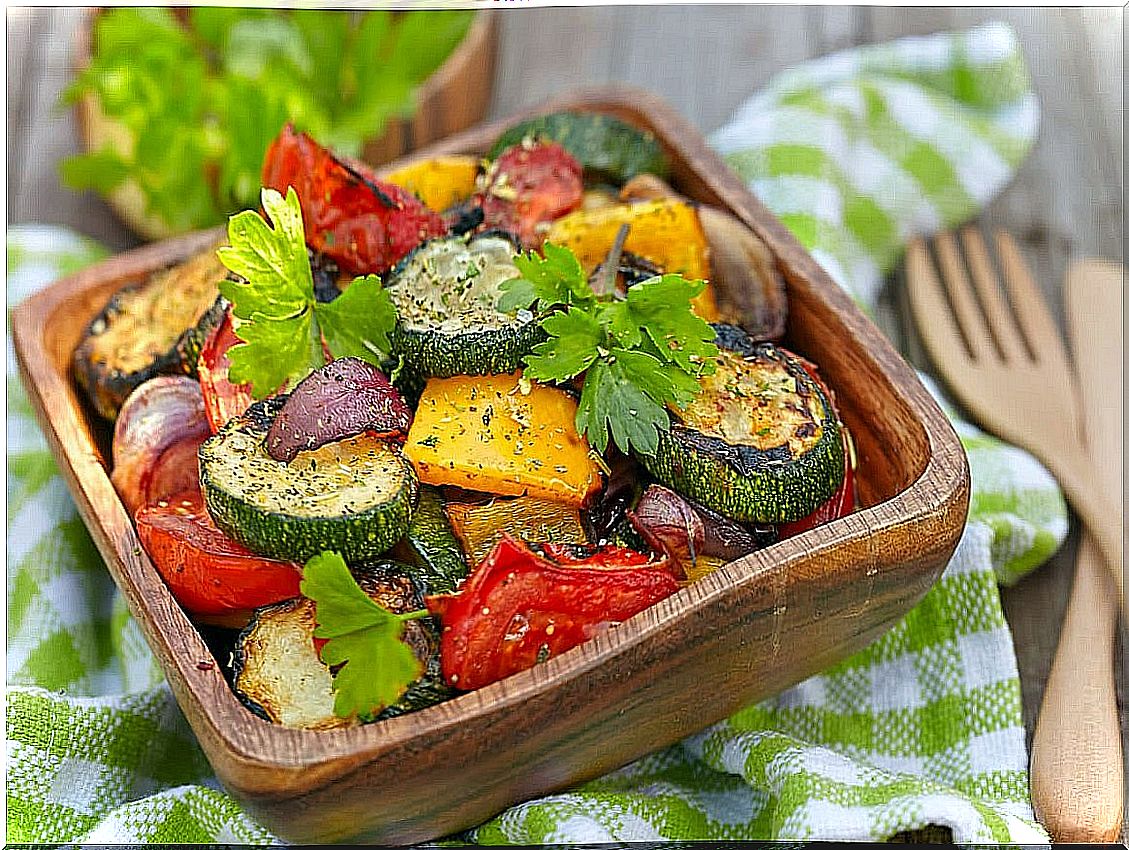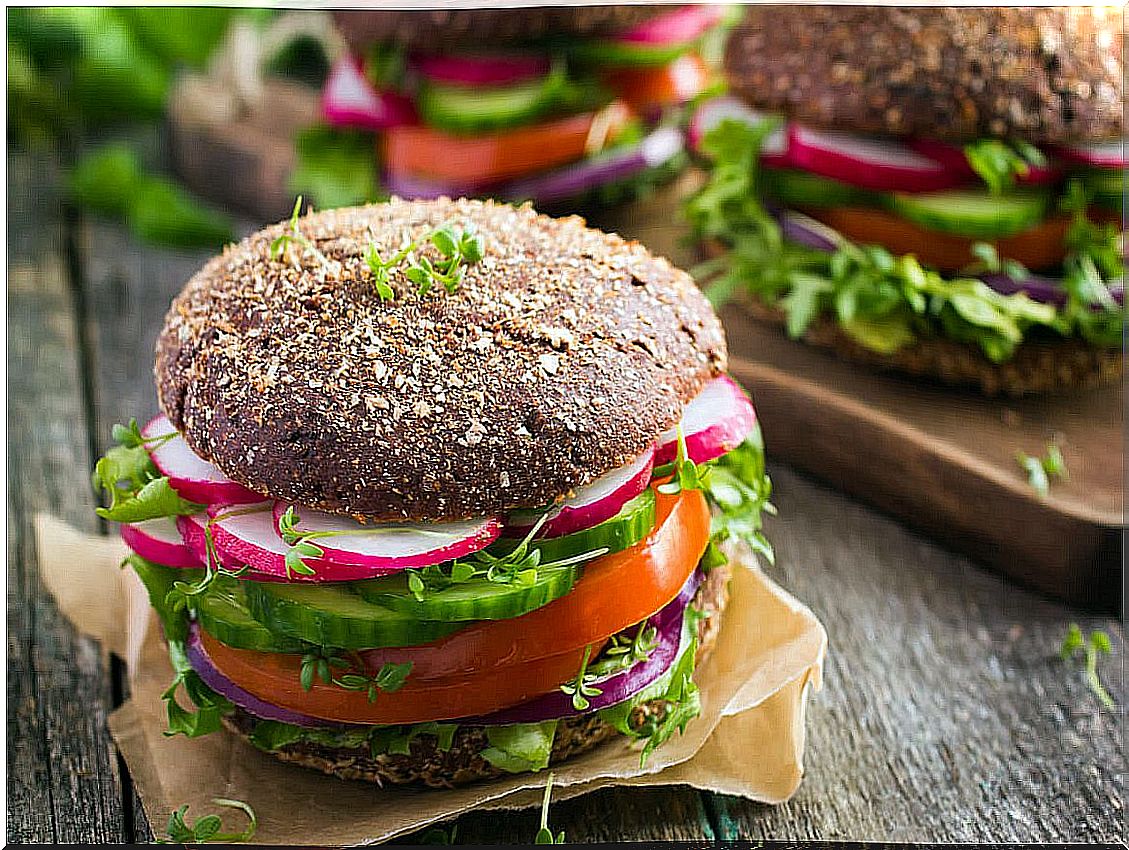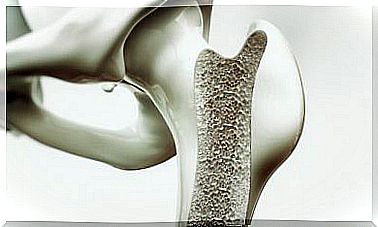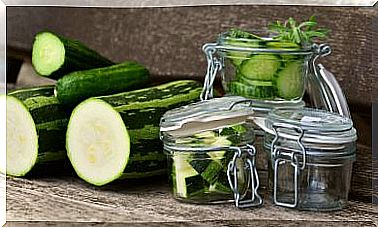What Is The Difference Between Vegan, Vegetarian And Flexitarian?
Do you know the difference between vegan, vegetarian and flexitarian? You may have heard these terms lately, but don’t understand what they mean. Although similar for those who are not on the subject, they have substantial differences.
In itself, these diets privilege vegetables, as well as caring for the environment and respecting animals. To clarify your doubts, we will tell you in this article what are the main characteristics in them.
What’s the difference between being vegan, vegetarian, or flexitarian?
These dietary styles are on the rise for a number of reasons. The truth is that, if one tries to describe the consumption and life practices of each group, distinctive characteristics can be named. Let’s see what they are.
Vegans
Vegan people are those who base their diet on vegetables entirely. That is, they do not consume dairy, cheese, eggs or honey. However, the term goes further, since it actually refers to a lifestyle that includes a way of eating.
It arises from the ethical and moral reason that humans and any other species are equal. In this way, vegans repudiate animal abuse, so they do not use leather shoes or belts, products for skin, hair and even medicines derived from them.
They are also against places where there is exploitation, such as zoos, horse races, circuses and rodeos, among others. In addition, they are aware of the environmental impact generated by livestock activity.
In relation to this, various studies have shown that livestock, as a product thereof, exploits natural resources on a massive scale, enhances the greenhouse effect, acidifies soils and accumulates excess waste in rivers and seas.

Vegetarians
The vegetarian diet is based on plant foods, such as fruits, vegetables, legumes, cereals, seeds and nuts, but also includes dairy, eggs and honey. In this sense, meats and their derivatives are the only foods totally excluded.
According to the Argentine Nutrition Society, within this group there may be different subgroups. The best known are vegetarian ovo-dairy, but there are also ovo-vegetarians (exclude milk and its derivatives) and dairy-vegetarians (eliminate eggs).
There are people who are introduced to vegetarianism for life, but it may be that part of them do so because they aspire to eliminate all animal products. So, it is possible to say that it is, in addition, an almost necessary transition to reach veganism.
Flexitarians
This way of eating has to do with flexibility, since this group can include all those people who, in general, follow a vegetarian diet, but sometimes agree to consume meat, be it fish, seafood, poultry, beef. or others.
Those who do not occasionally consume meat or who prefer one type of meat over others are part of it. It is also usually a preliminary step for those who are introducing a vegetarian diet and do this initial step earlier.
As you will see, this lifestyle is one of the ones that has gained the most ground in recent times. In fact, you may be a Flexitarian without even knowing it. It should be noted that in it, eating animals does not mean a transgression and neither does it generate a feeling of guilt.
Are these diets safe?
Years ago, diets that excluded animal products were believed to be lacking in nutrients. However, scientific evidence indicates that in a planned diet, the only substance that is deficient is vitamin B12.
It is synthesized by microorganisms that inhabit the intestines of animals, for this reason, the only food sources that contain it are meats, eggs, milk and their derivatives. In the case of vegetarians and flexitarians, although they consume some of these, the daily amounts recommended by professionals are not covered.
Consequently, in these population groups the prolonged deficiency of this vitamin could cause anemia, defects in the nervous system, delayed fetus development, memory loss and other complications. To prevent them, it is advisable to use supplements.

Difference between vegan, vegetarian and flexitarian
As you will see, these ways of eating present marked differences. It could be said that flexitarianism is the beginning of a lifestyle that can progress to vegetarianism, and if you will, veganism. In any case, this is not unavoidable and a person does not necessarily go through these stages yes or yes.
Consider that whatever your diet is among these options, it should always be planned so that it is complete in nutrients and does not generate deficiencies and future problems. Keep in mind that, if you follow these plans, it is advisable that you consult your doctor or nutritionist for advice on the matter.









